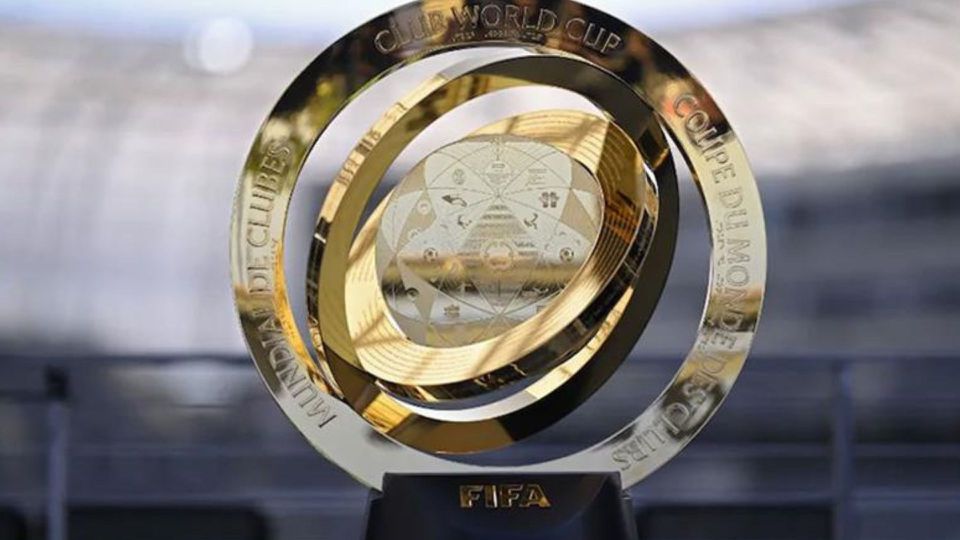Four African clubs are poised to reap massive financial rewards after qualifying for the expanded 2025 FIFA Club World Cup. Al Ahly (Egypt), Esperance (Tunisia), Mamelodi Sundowns (South Africa), and Wydad Casablanca (Morocco) have secured their places in the 32-team tournament set to take place in the United States.
Each club is guaranteed a staggering $9.55 million (approximately Sh1.2 billion) simply for participating. This marks a significant leap from typical earnings in African football. To put this in context, South Africa’s richest domestic prize, the Premier Soccer League (PSL) title, pays just over $1 million (Sh129 million). The appearance fee alone for the Club World Cup is nearly nine times that amount, highlighting the tournament’s transformative potential.
Beyond the guaranteed earnings, the prize structure offers even greater incentives. Each group-stage win will bring in an additional $2 million (Sh258 million), while a draw earns $1 million (Sh129 million). Advancing to the knockout stages unlocks a further $7.5 million (Sh969 million). This means a club that performs well could walk away with several billion shillings in total.
The revamped format of the tournament ensures that no team plays more than seven matches, which is significantly fewer than the 14 to 16 games typically required to win the CAF Champions League. The latter offers a maximum prize of $4 million (Sh517 million), underlining how much more lucrative the Club World Cup has become in comparison.
For clubs like Mamelodi Sundowns, whose owner Patrice Motsepe is one of the continent’s wealthiest individuals, this financial injection could take an already well-resourced institution to unprecedented levels. The same applies to the other qualifiers, who now have an opportunity to elevate their stature on the global football stage.
The financial impact is expected to ripple across the continent. Improved training facilities, increased player wages, and better youth development programs are all likely outcomes of the financial boost. Moreover, this windfall could attract better talent and elevate the level of competition within African domestic leagues.
With billions at stake, the stakes are higher than ever. African clubs are not only chasing international recognition and silverware but also aiming to secure life-changing financial rewards. As the 2025 FIFA Club World Cup draws closer, the spotlight is firmly on the African giants not just as competitors, but as potential beneficiaries of a new era in global club football.

